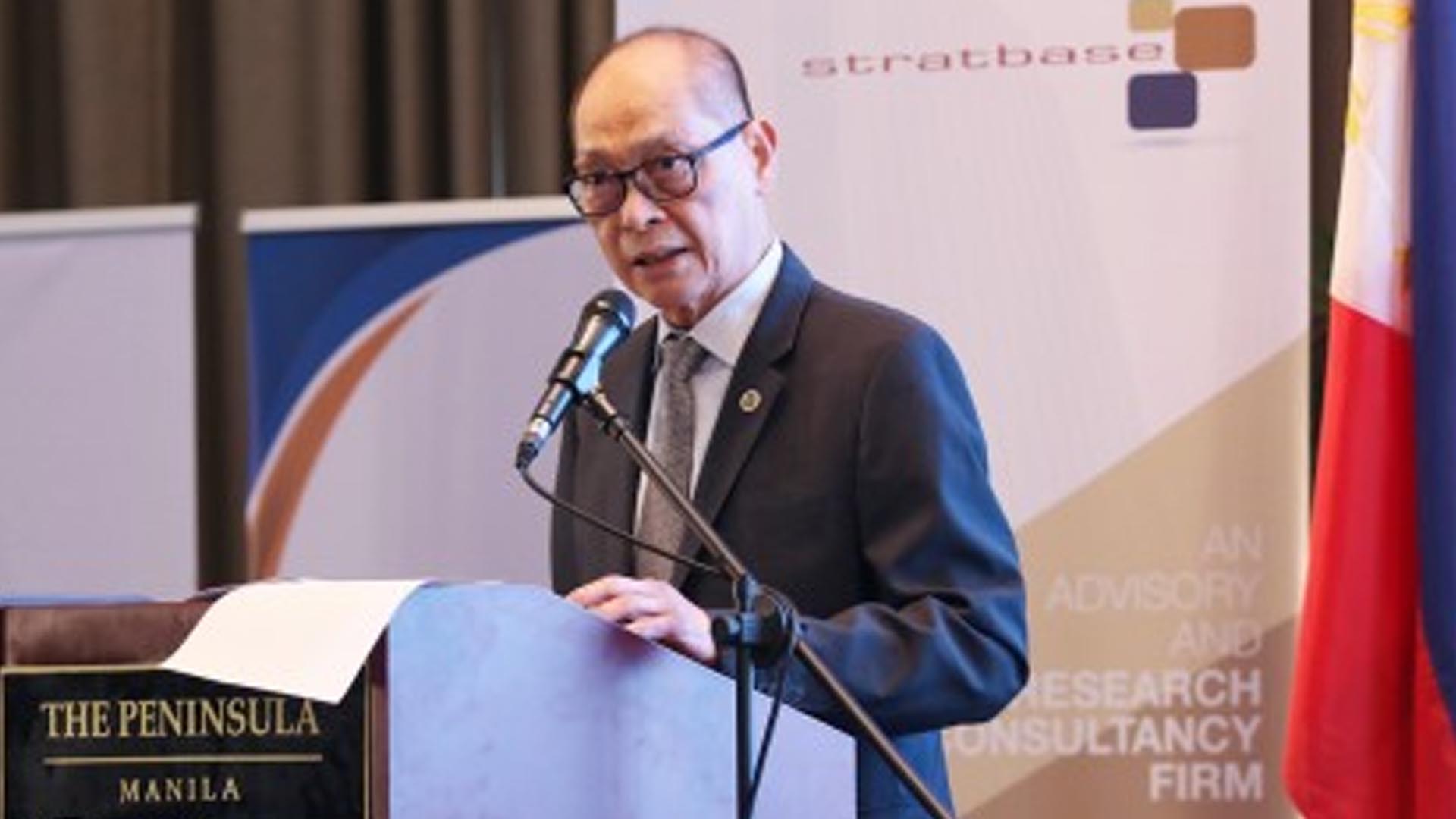Philippine economic growth is expected to remain robust this year mainly driven by private consumption and the continued implementation of structural reforms, Finance Secretary Benjamin Diokno said on Monday.
“While multilateral organizations project a slower global outlook for 2024 at 2.9 percent, the Philippine economy is expected to improve, reinforcing its status as one of the fastest-growing economies in the region,” Diokno said in a statement.
The Philippine economy grew by 5.9 percent in the third quarter of 2023, bringing the year-to-date growth to 5.5 percent.
Diokno said that for the full year of 2023, growth is expected to settle close to the low end of the government’s 6 to 7-percent target.
For 2024, economic managers assume a growth rate of 6.5 percent to 7.5 percent.
“Amid the ongoing strong El Niño and geopolitical and trade tensions, the country’s growth is expected to be driven by strong private consumption, supported by the expected return of inflation within the target range, falling oil prices, robust public spending, greater investments lured by the country’s sound macroeconomic fundamentals, investment-grade credit rating, and the implementation of structural reforms, and increased demand for Philippine exports as supply chain bottlenecks ease,” he said.
Diokno said economic prospects will be even better with the alignment of policies between fiscal and monetary authorities, measures to bring down inflation, and greater coordination of all public sectors to implement programs.
He added multilateral organizations also expect the Philippines to be one of the fastest growing economies in 2024.
Medium-term fiscal framework
Diokno said growth this year will also be boosted by the reconstitution of the Economic Development Group (EDG), the creation of the Inter-Agency Committee on Inflation and Market Outlook, and the implementation of macroeconomic policies, particularly the establishment of the Medium-Term Fiscal Framework (MTFF).
Under the MTFF, the government aims to further reduce the fiscal deficit-to-gross domestic product (GDP) ratio to 5.1 percent and the debt-to-GDP ratio to 60 percent.
The share of infrastructure spending is also targeted to be maintained at 5 to 6 percent of the GDP.
“Navigating a post-pandemic world, the Philippines charts a steady course toward fiscal stability as we remain on track to achieving our fiscal targets,” Diokno said.
2024 budget
Diokno said the swift approval of the 2024 national budget will also ensure a quick and efficient government spending this year.
He said that as early as August last year, the EDG has encouraged government line agencies and government-owned and controlled corporations (GOCCs) to conduct early procurement activities to ensure that underspending will not be a drag to economic growth in 2024.
“Moreover, the government will be spending more in the early part of 2024 to help boost economic activity for the rest of the year and break the cycle of rushing its spending towards year-end,” he added.
Aside from these, Diokno said inflation is expected to remain within the government’s 2 to 4-percent target until 2028, mainly due to the Bangko Sentral ng Pilipinas’ monetary policy actions.
Diokno said other drivers of growth moving forward include the enactment of the Public-Private Partnership Code, the Maharlika Investment Fund which is the country’s first sovereign wealth fund, and the continued implementation of structural reforms.
Meanwhile, Diokno said the passage of other key tax reforms such as the Package 3 or the Real Property Valuation and Assessment Reform, value-added tax on non-resident digital service providers, excise tax on single-use plastics, and motor vehicle road user’s tax will help finance next year’s national budget and attain the 5.1 percent deficit-to-GDP target for 2024.
“To tackle the remaining economic agenda items, concerted efforts are needed. With this, we require significant contributions from the national government, local government units, and GOCCs. By pursuing close coordination among these units, we can unlock our full potential and achieve lasting economic prosperity,” he said. (PNA)





















